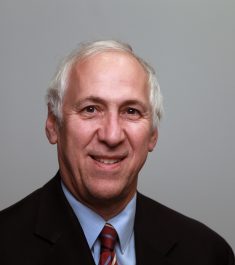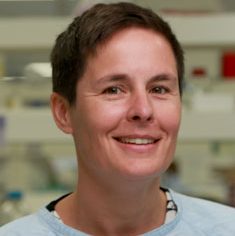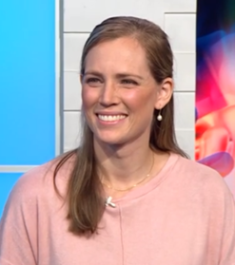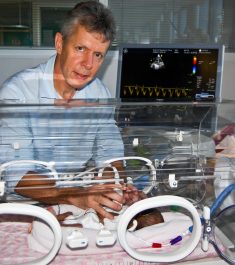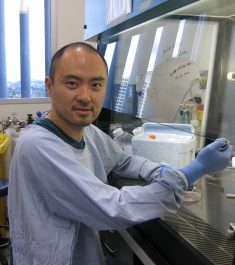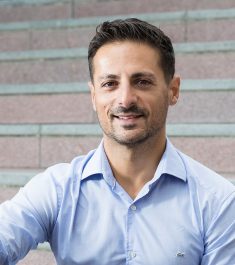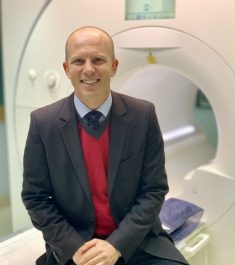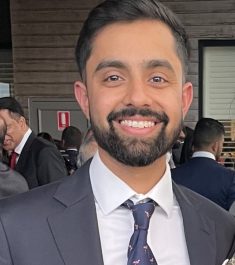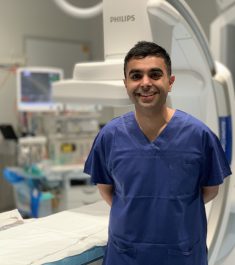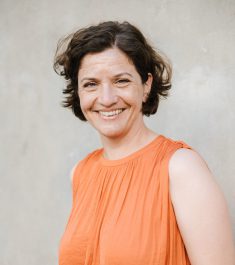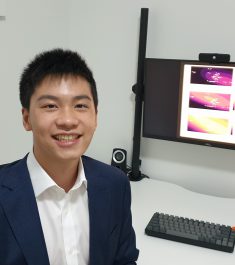Professor Helge Rasmussen divides his time between working as an interventional cardiologist and leading a team of researchers in molecular and cellular medicine. A particular focus of his research is learning how heart cells work, which has led to discoveries that could mean better treatment for heart failure and other forms of cardiovascular disease.
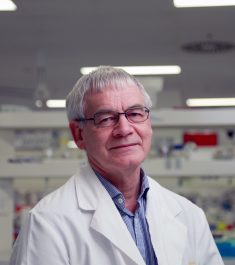
Professor Helge Rasmussen
MD DMSc FRACP Chair of Cardiology, University of Sydney Department of Cardiology, Royal North Shore Hospital

